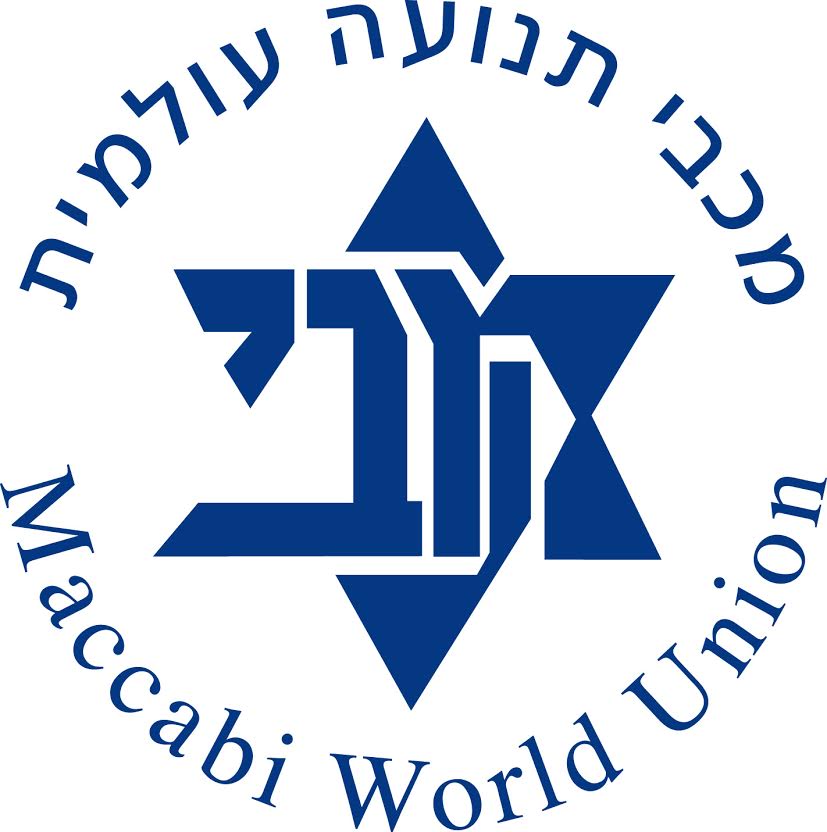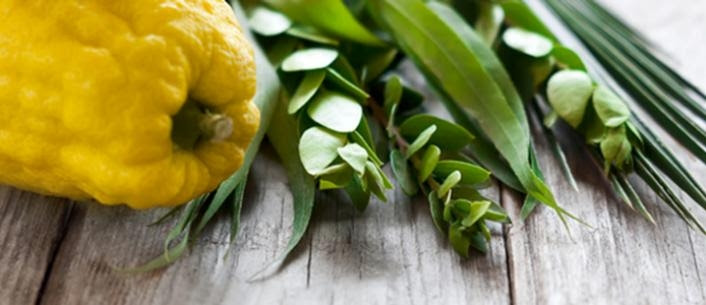
Sukkot, the Feast of Tabernacles, in which we remember the salvation of the Jewish People at the mercy of the elements in Sinai and our 40-year journey from Egypt to the Land of Israel, is called, too, HeHag[1], The Festival, emphasizing its especially joyful and festive character. We are specifically commanded by the Divine to delight in this Festival. God unequivocally tells us, "Ve'Samach'ta be'Chage'cha" - "And you shall rejoice in your festival"[2], a mitzvah as important as constructing the Succah[3] (the hut commemorating this festival) or Arba'at Haminim[4] - the Four Species we carry in the week of Sukkot.

While being joyful is an essential pillar of this festival, how can we explain the inclusion since medieval times[5] of reading Megillat Kohelet (the book of Ecclesiastes[6]) in Sukkot by countless Communities? - Kohelet, one of the 5 books of the Bible, along with the first part of the Book of Job, which expresses the most pessimistic view of the purpose of human existence.
Out Sages ascribe Kohelet to the pen of King Solomon in his old age. It is totally different from the rest of the Tanach, and questions some of the conceptual foundations on which a large part of the Bible rests. This is possible because it is one of The Writings, the third part of the Bible: if The Torah is the direct revelation of God to the People of Israel and, through us, to all Humankind; and if The Books of Prophets bring the revelation of God through His Chosen Leaders on topical issues of their time (except the theme of Messianic redemption, which pertains to the future), The Writings go in the opposite direction, when Man, from his particular circumstances, speaks to God. So the Psalms, Proverbs ... and Kohelet (the King of Jerusalem who says: "Vanity of vanities: all is vanity"[7]) express different human existential realities and circumstances, according to the author of each work.
So, of all the various human expressions embodied in the Bible, why is the Festival of Joy an occasion to read a book that expresses weariness, boredom, and despair?
To the traditional answers to this question, I venture to add two further possible directions: Kohelet, King of Jerusalem, was a man who enjoyed everything that we see today as success: wealth, power and surrounded by beauty. However, he comes to see all this as worthless vanity, symptoms of wrong emphases in his own life, of an unbalance between what he achieved and the really important things he postponed. The Post-Talmudic Tractate of Sofrim introduced the Book of Kohelet into our Festival of maximum Joy perhaps to remind us of the reasons why we need to celebrate again and again, reasons we often forget or take for granted: our good health; love, companionship and communication with our family and friends; the opportunity to earn our livelihood through work; life in a Jewish Community based on mutual support and shared values we hold dear; involvement in activities like Maccabi that stimulate us and become part of who we are; the ethical bases that sustain us - our Torah; our gloriously flourishing national life, the State of Israel.
On the other hand, perhaps we are commanded to read about Kohelet's despair, skepticism and confusion on our Festival of Joy do that we shall be reminded that pain, disappointment, and downfall are integral features of life and that despite this, we are able to enjoy all that is good in our lives, the good never disappears, even in our darkest, hardest and distressful moments. That's life: a combination of the really important things which elevate and make our lives sublime and happy, and everything else, those things that reduce and devalue our lives to "vanity of vanities."
May God grant us the opportunity to celebrate the profound bliss of another joyful Succot, full of song and dance, with our families and communities.
May God give us the wisdom to differentiate the real reasons for our joy from the vain, futile, and transient things devoid of genuine value, things so often confused in our World as marks of true success.
And may God enlighten us to always find light in the darkness, sense in the void, and joy in the challenges which life presents to us.
With best wishes,
Chag Succot Sameach!
Chazak ve'ematz!
RABBI CARLOS TAPIERO
Deputy Director-General &
Director of Education
[1]Vayk. XXIII, 39, 41; Bamid. XXIX, 12; Dev. XVI, 14; I Mel. VIII, 2; Yechez. XXXXv, 25; Nech. VIII, 18.
[2]Devarim (Deuteronomy) XVI, 15.
[3]Vaikrah (Leviticus) XXIII, 42.
[4]The four species we shake during Succot: LULAV - palm frond, ETROG - Citron, HADAS - Myrtle & ARAVA -- Willow. "And you shall take for yourselves on the First Day the fruit of a beautiful tree, the branches of date palms, branches of the myrtle tree, and branches of the willow tree, and you shall rejoice before Hashem, your G-d, for Seven Days." (Vayikra 23:40). See also Mishnah Succah III, 4.
[5]"This custom is not obligatory since it has no Talmudic basis and even the obligation mentioned in the post-Talmudic Tractate of Soferim is doubtful. Indeed, this custom was never adopted by most Sephardic and Middle Eastern Jewish communities." Excellent article of Prof. Rav David Golinkin in http://www.schechter.edu/responsa.aspx?ID=18
[6]Kohelet (Ecclesiastes) is one of the five Megillot (scrolls) read in the Three Pilgrimage Festivals, the 9th of Av and Purim: Esther on Purim; Eikhah (Lamentations) on Tisha Be'av ; Shir Hashirim (The Song of the Songs) on Pesach, and Ruth on Shavuot.
[7]Kohelet (Ecclesiastes), I, 2.
Maccabi World Union, 7 Peretz Berenstein, Ramat Gan, 52105 Israel
Photo provided by Maccabi World Union








